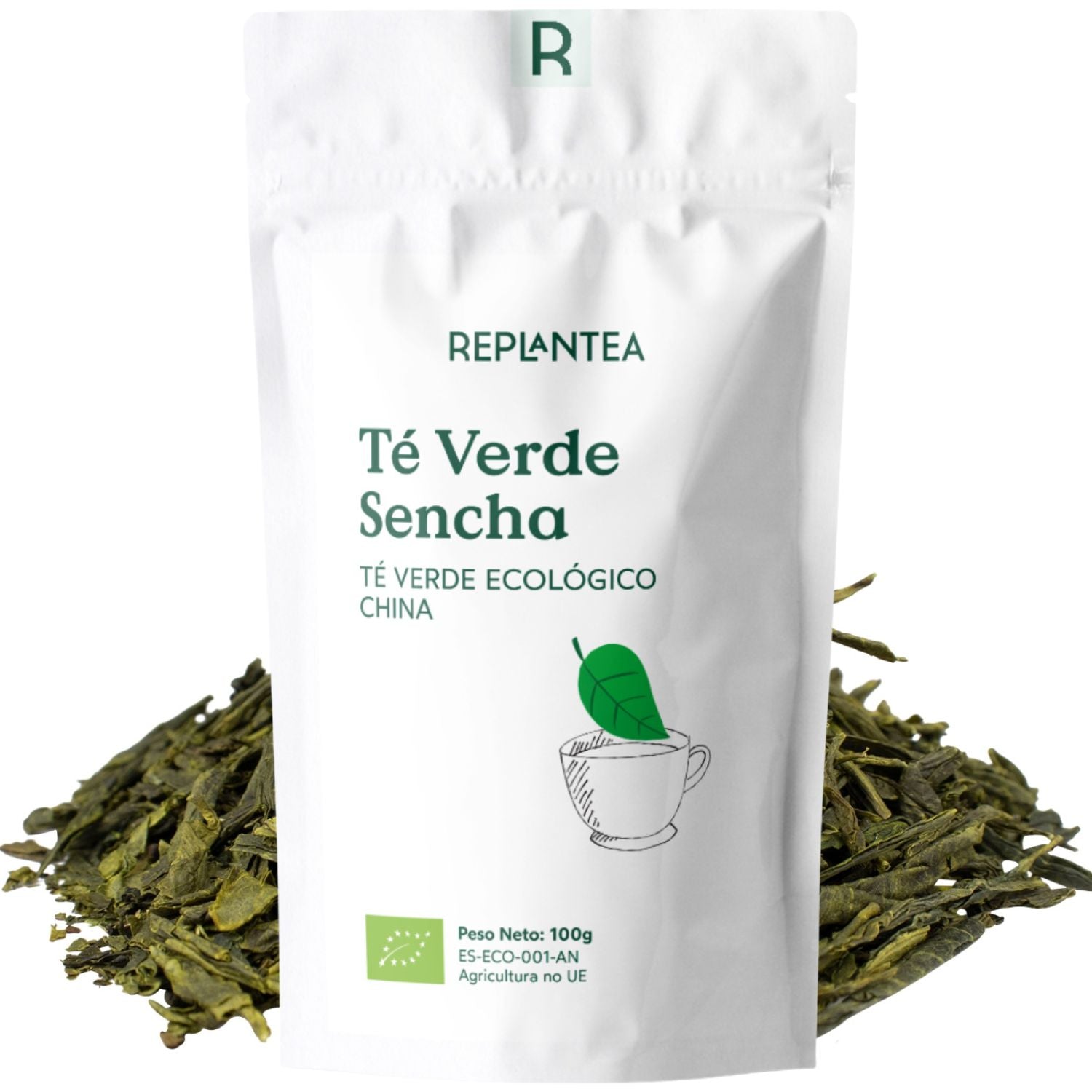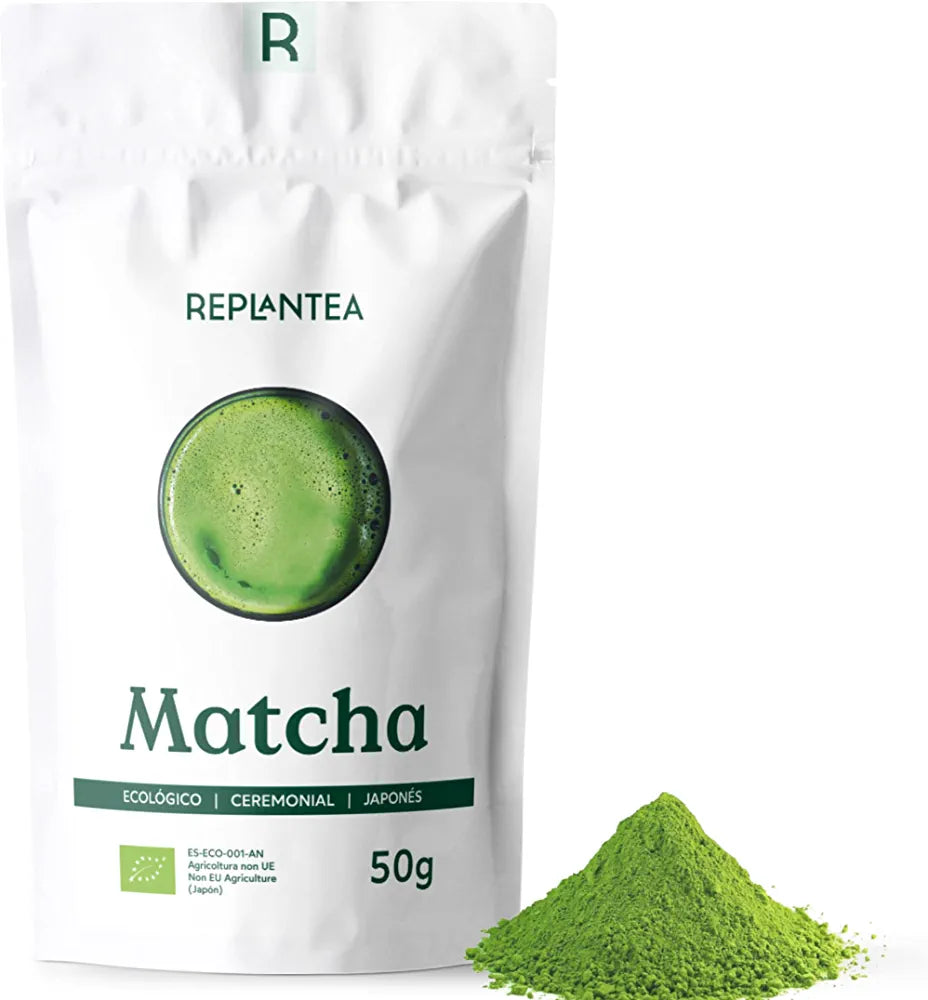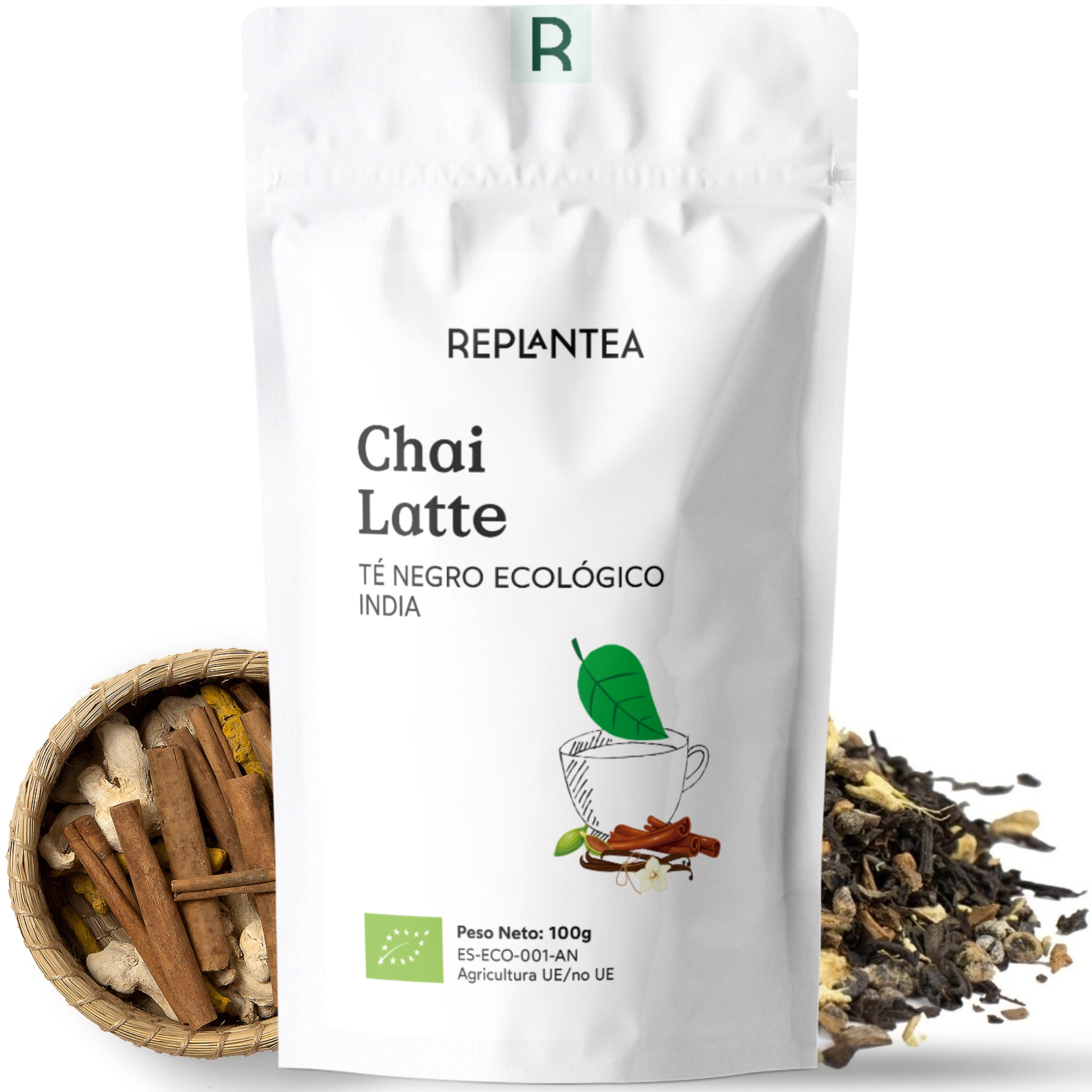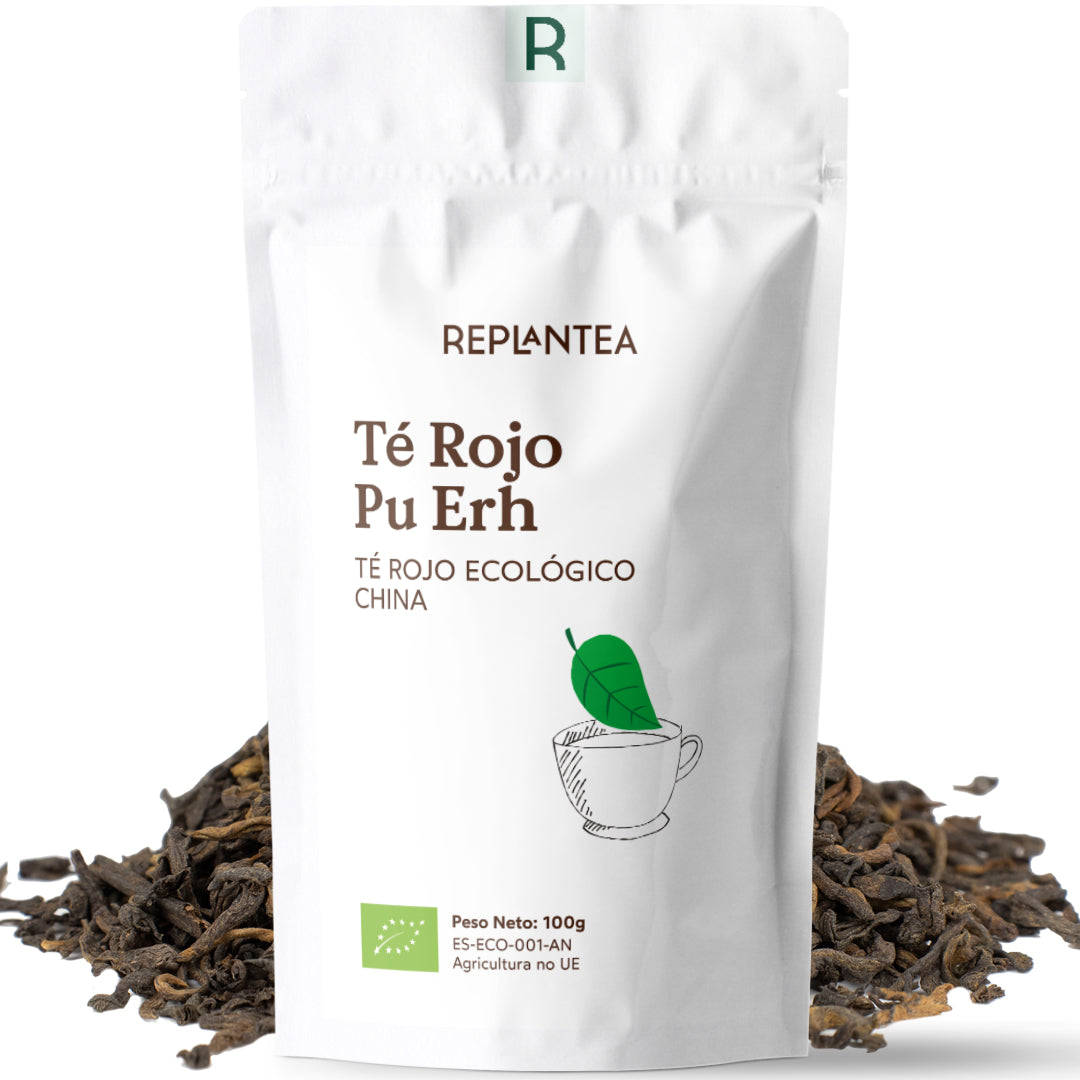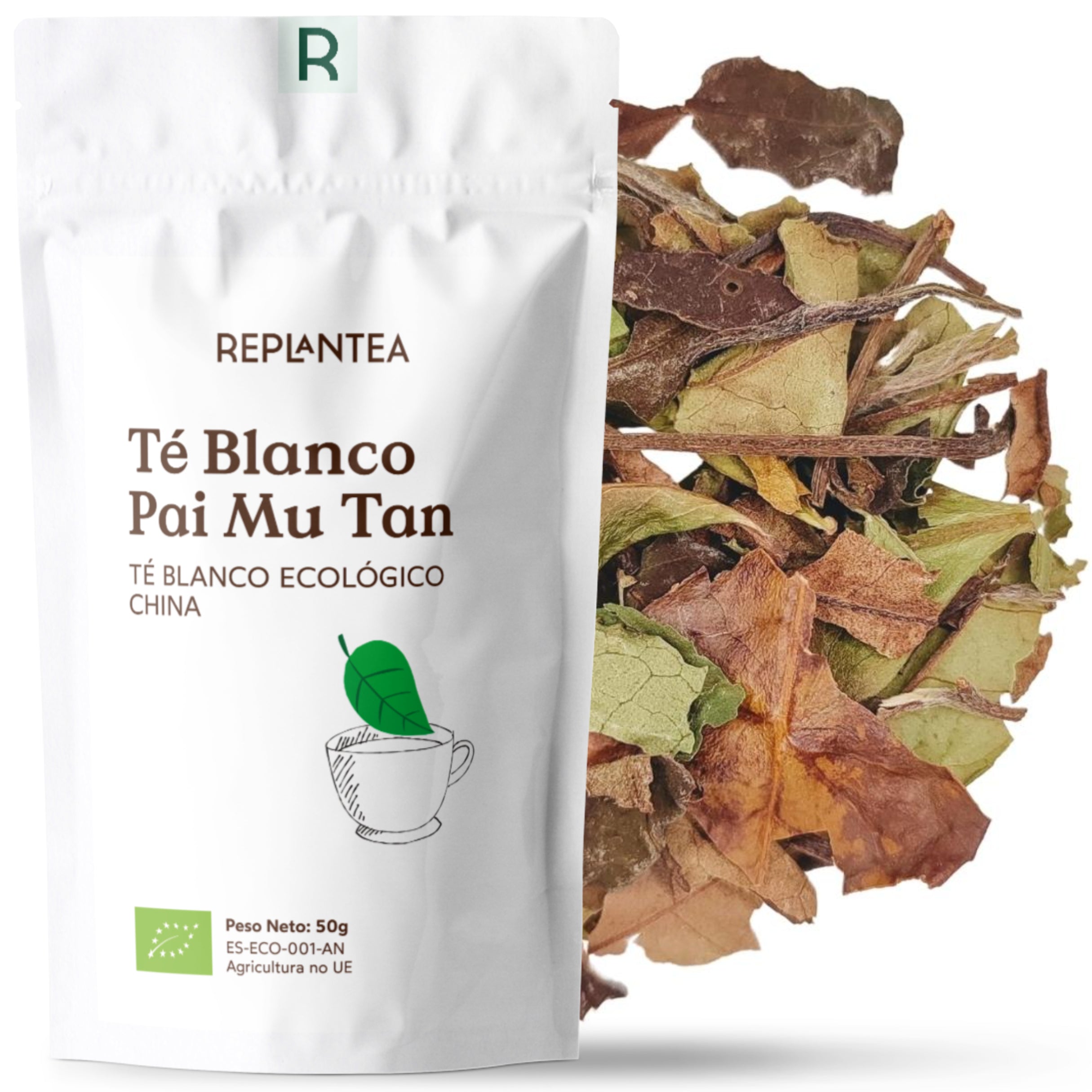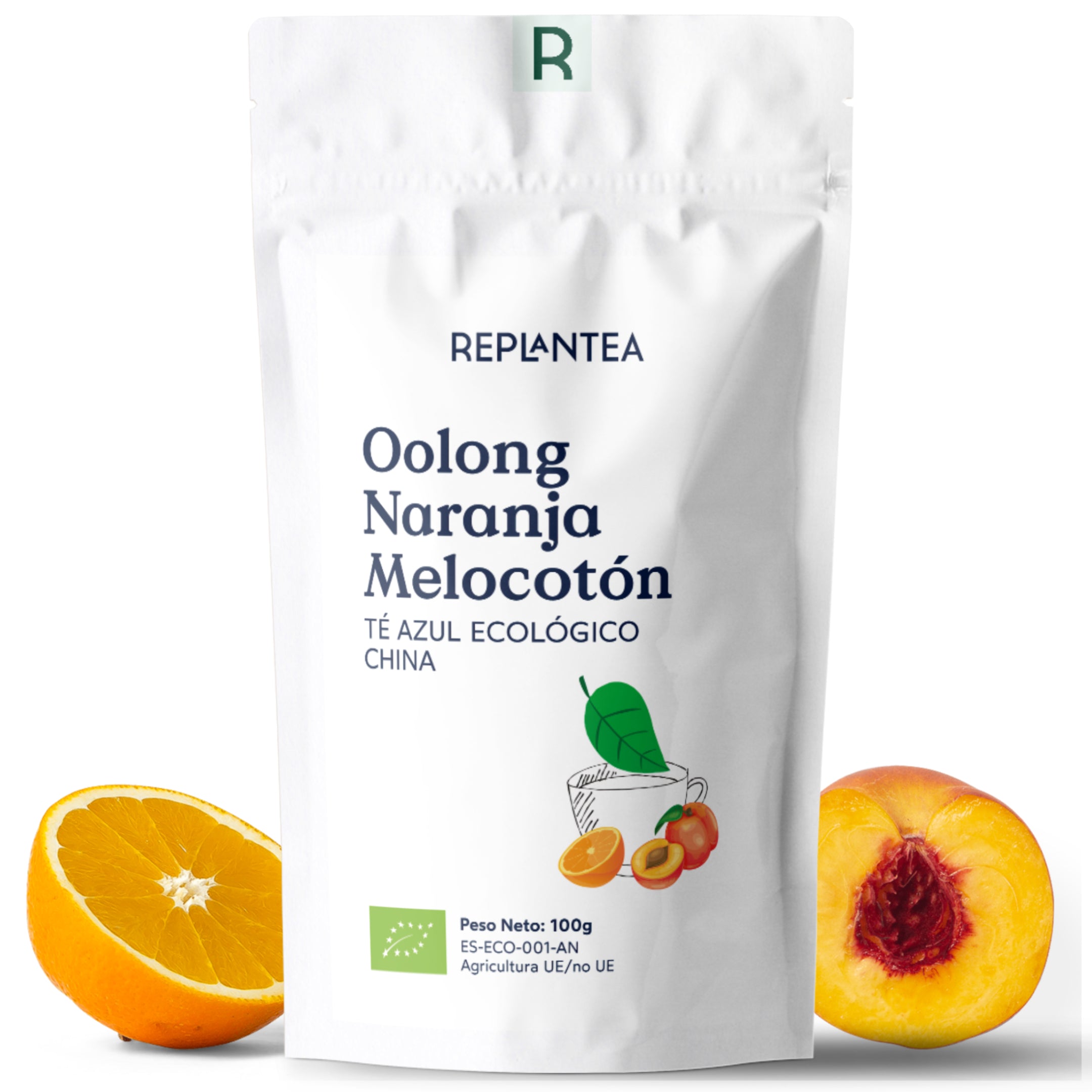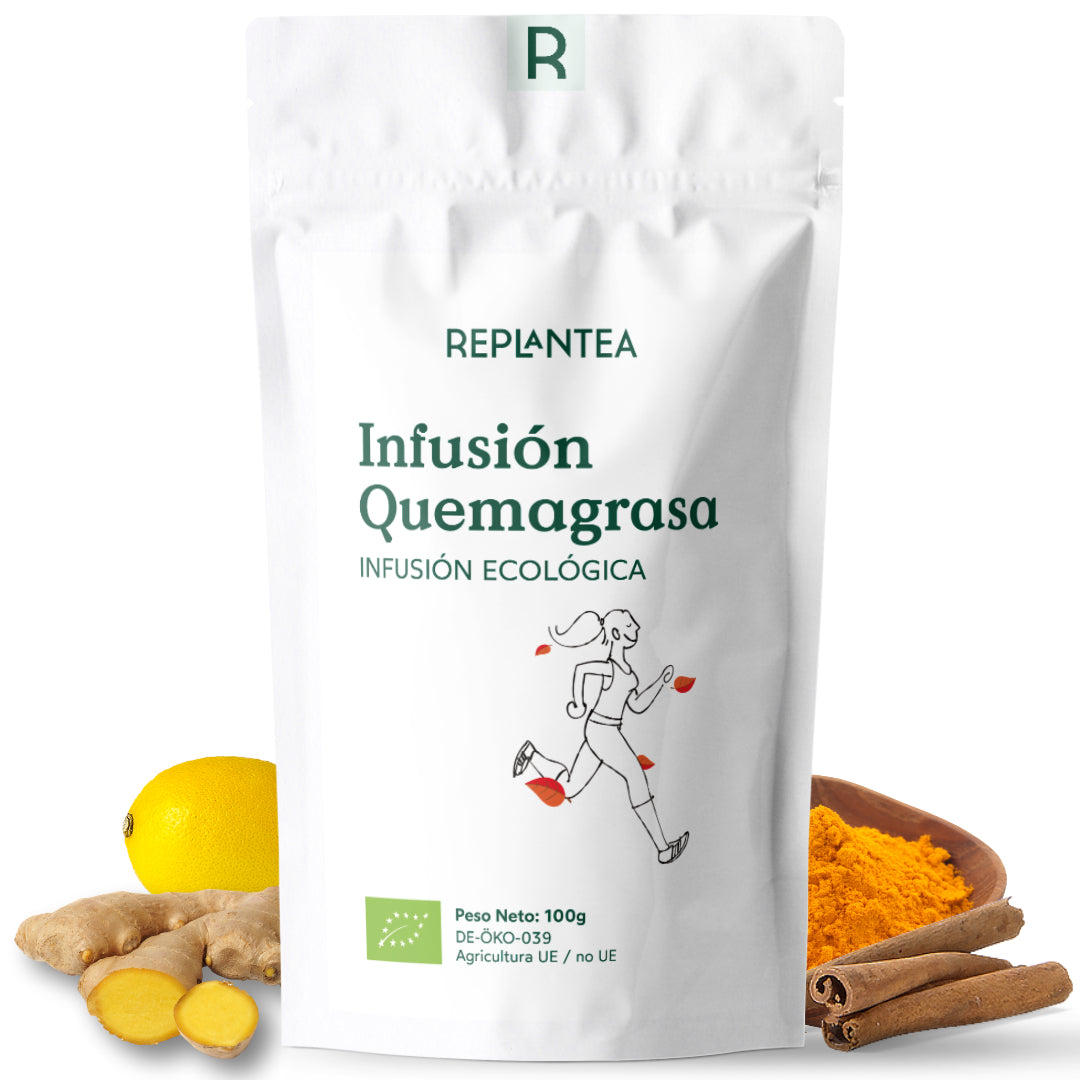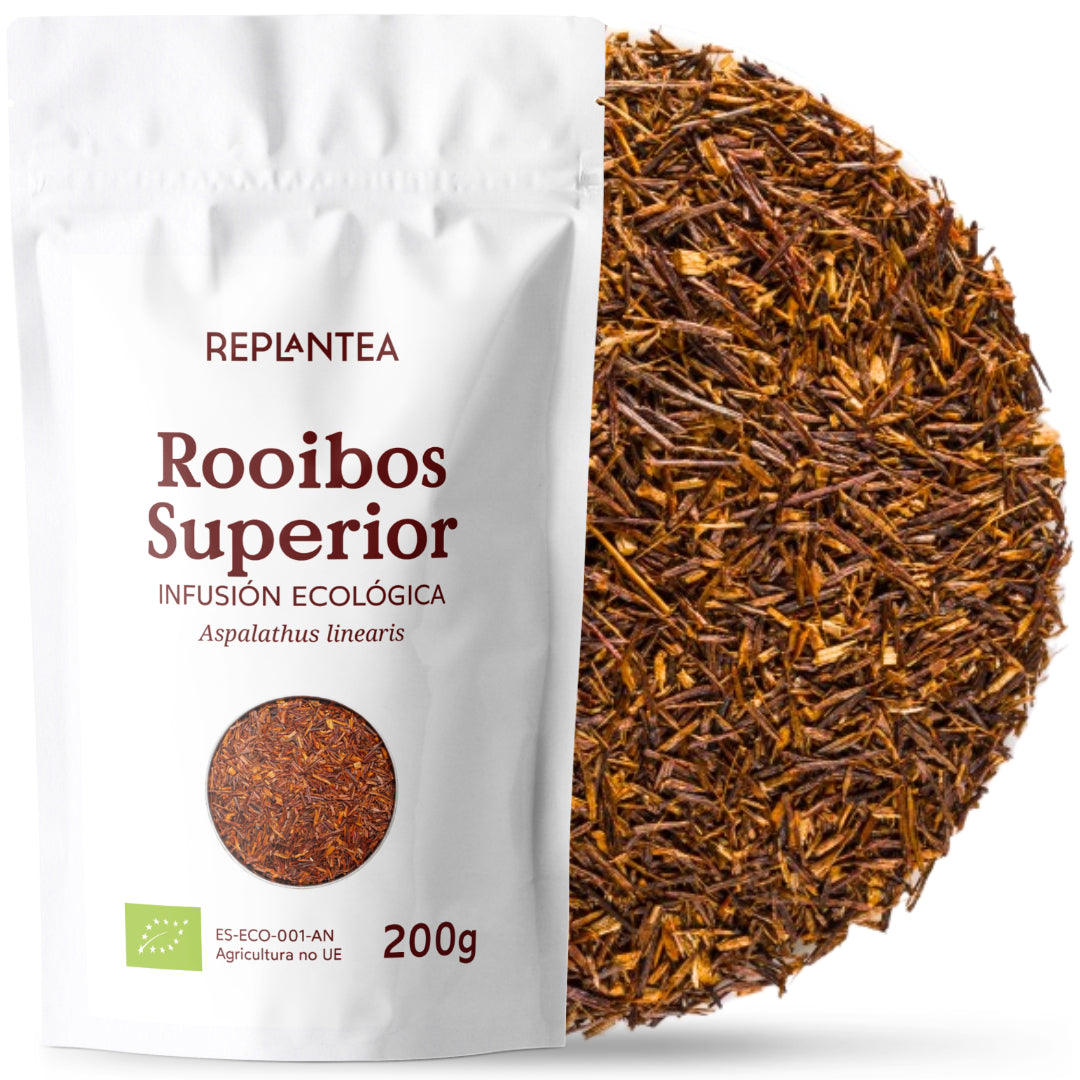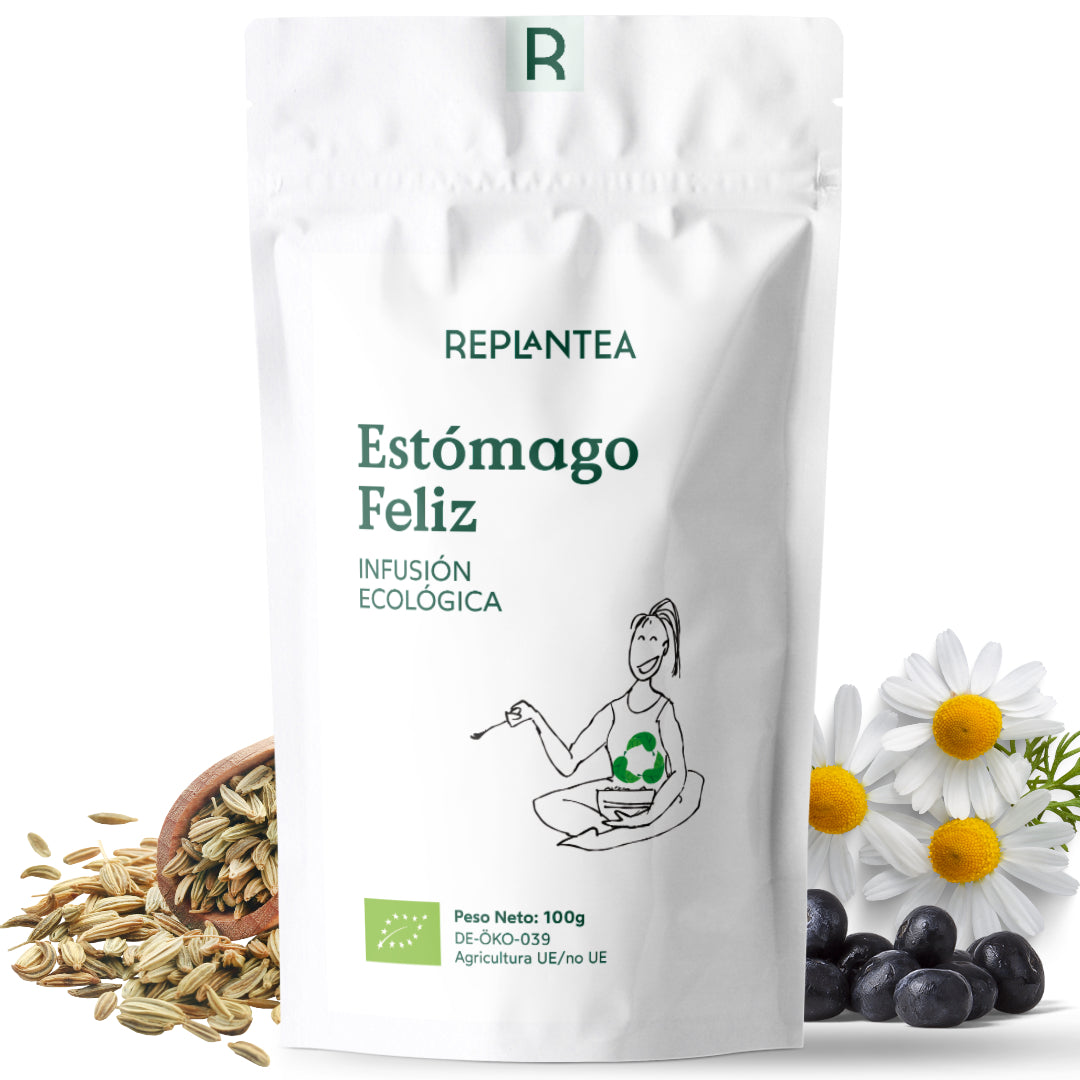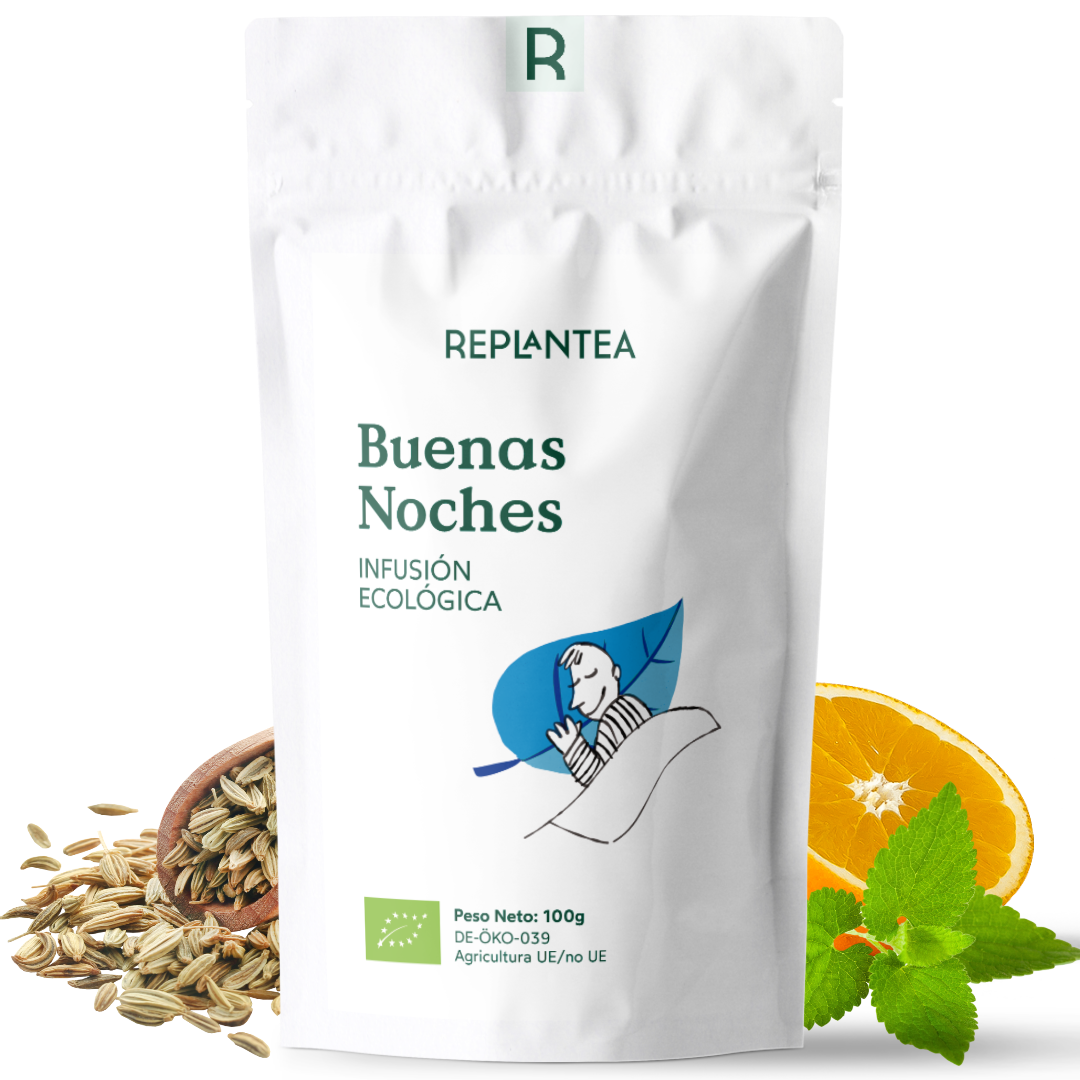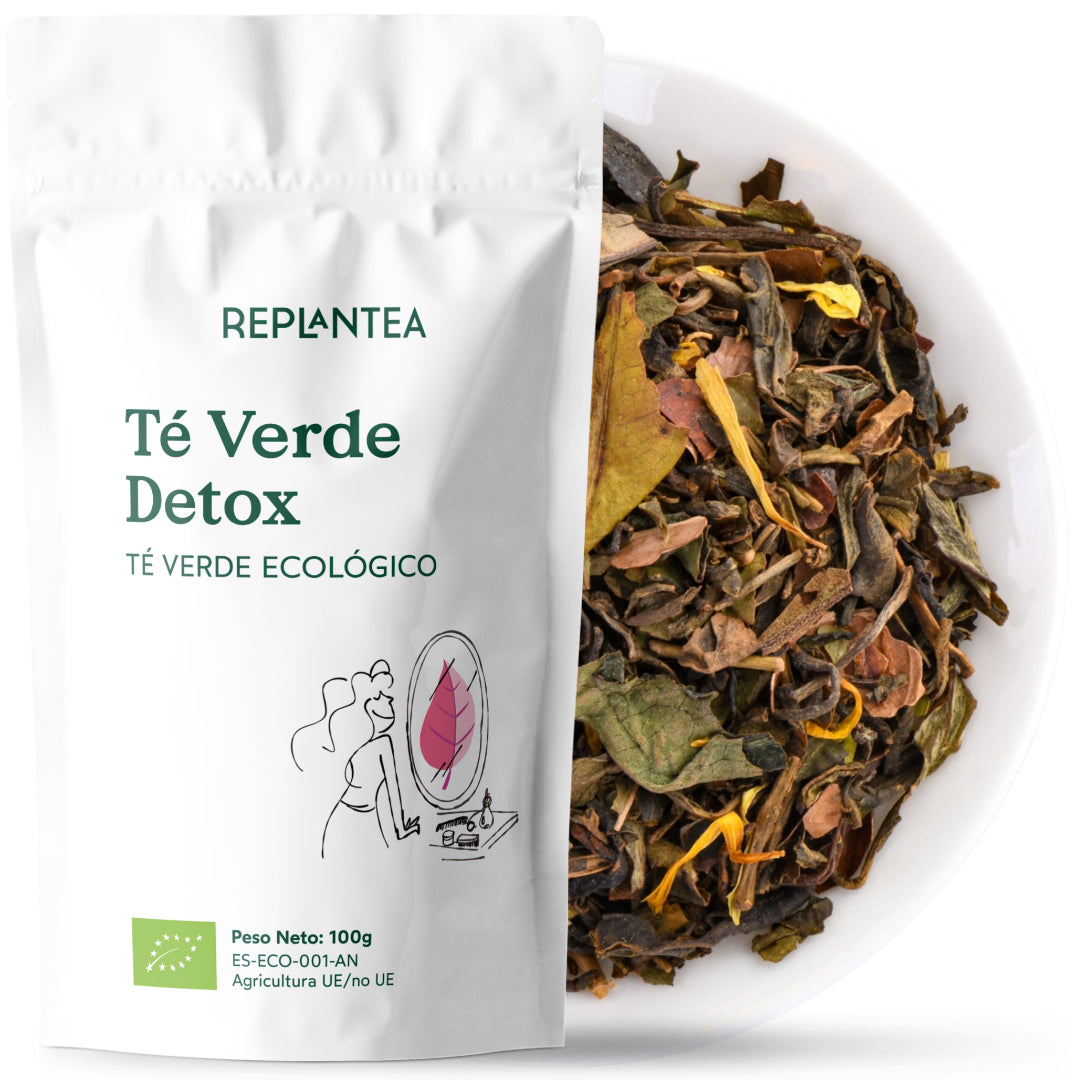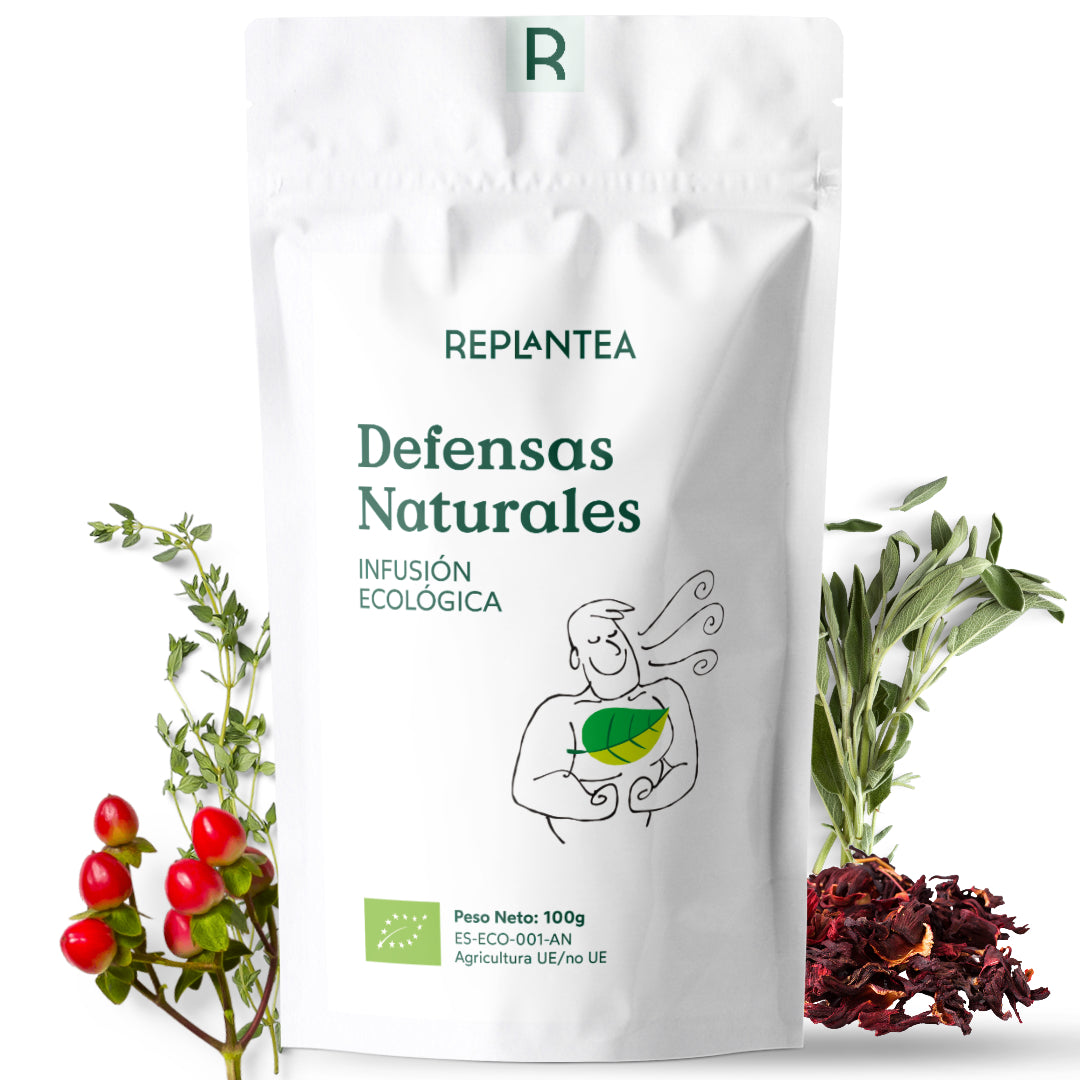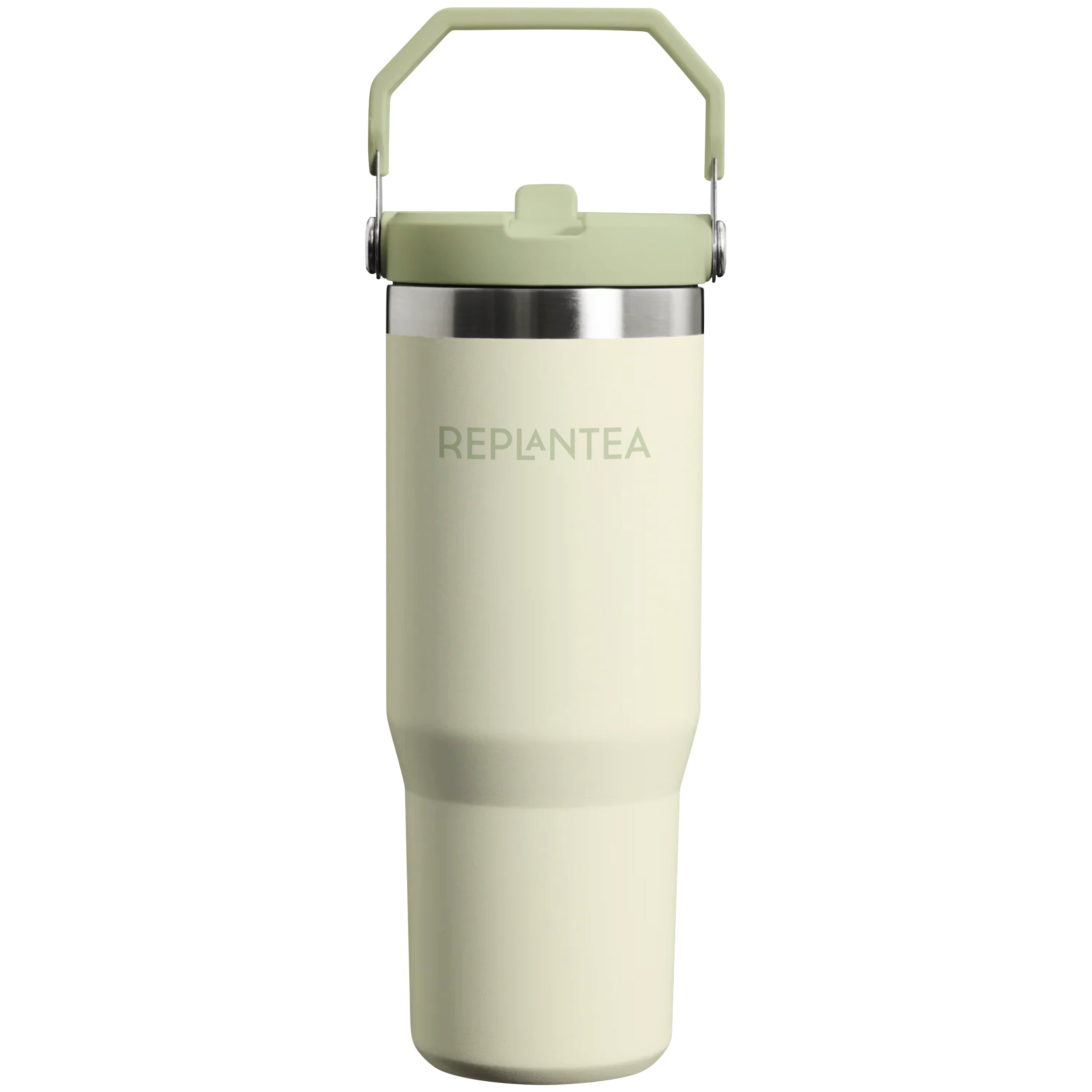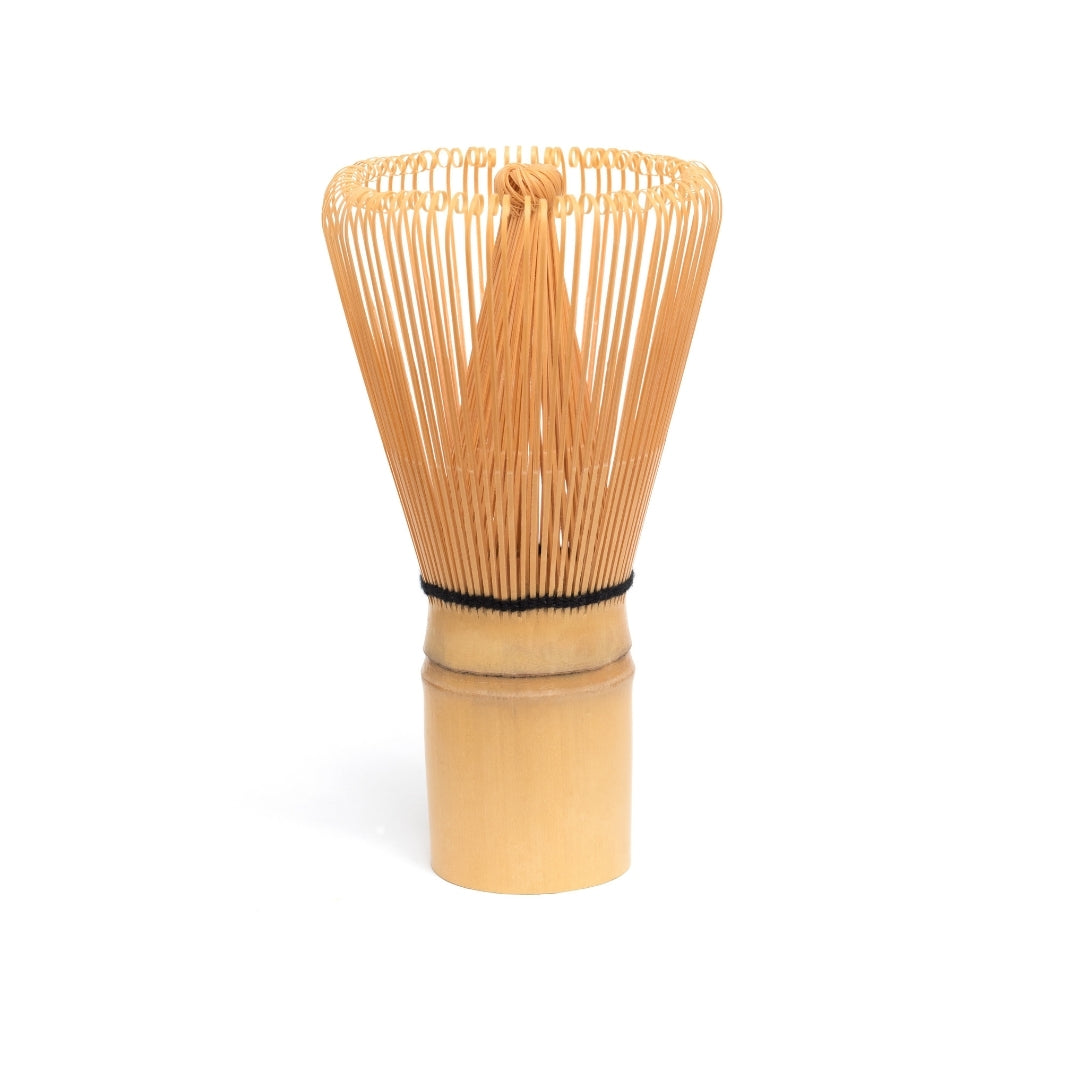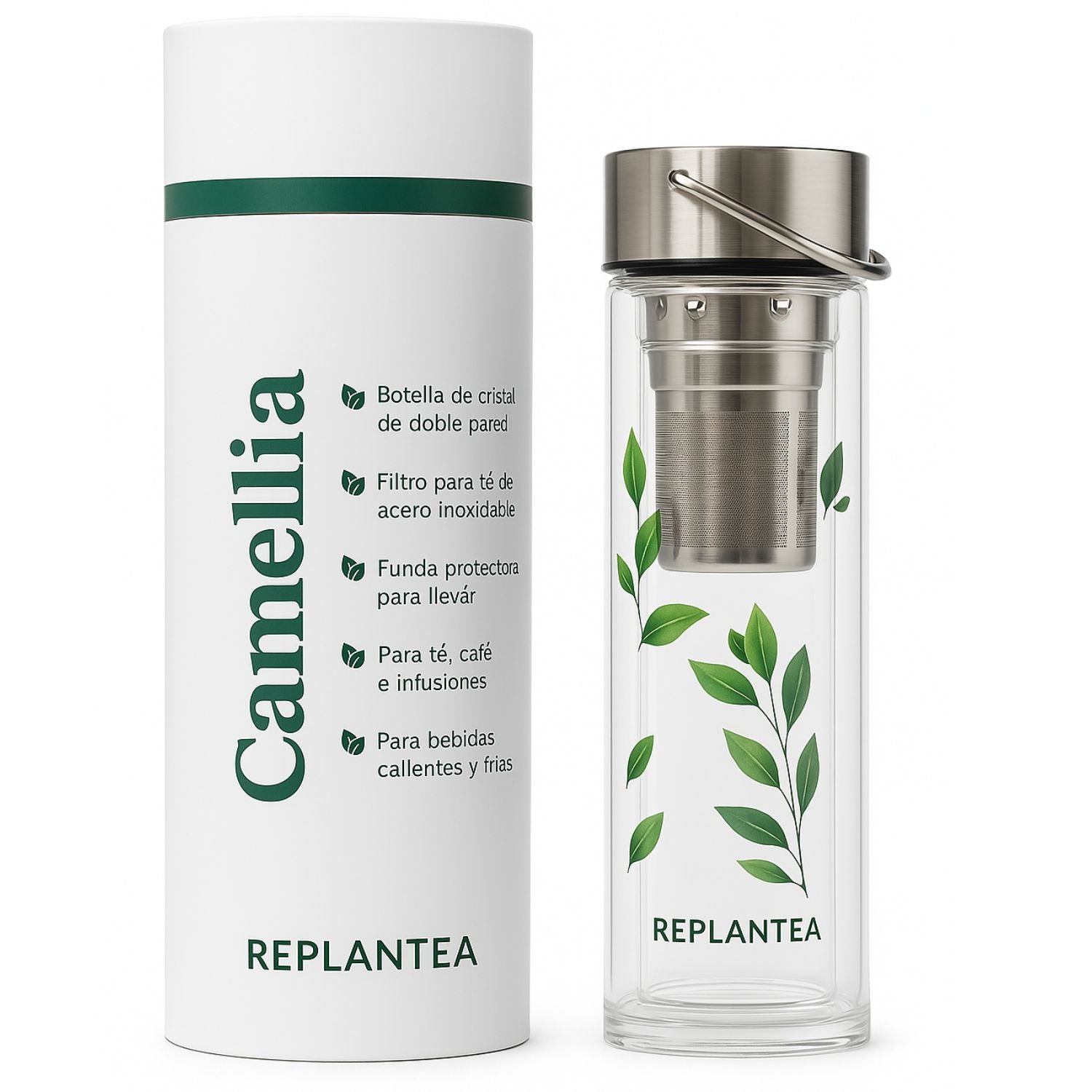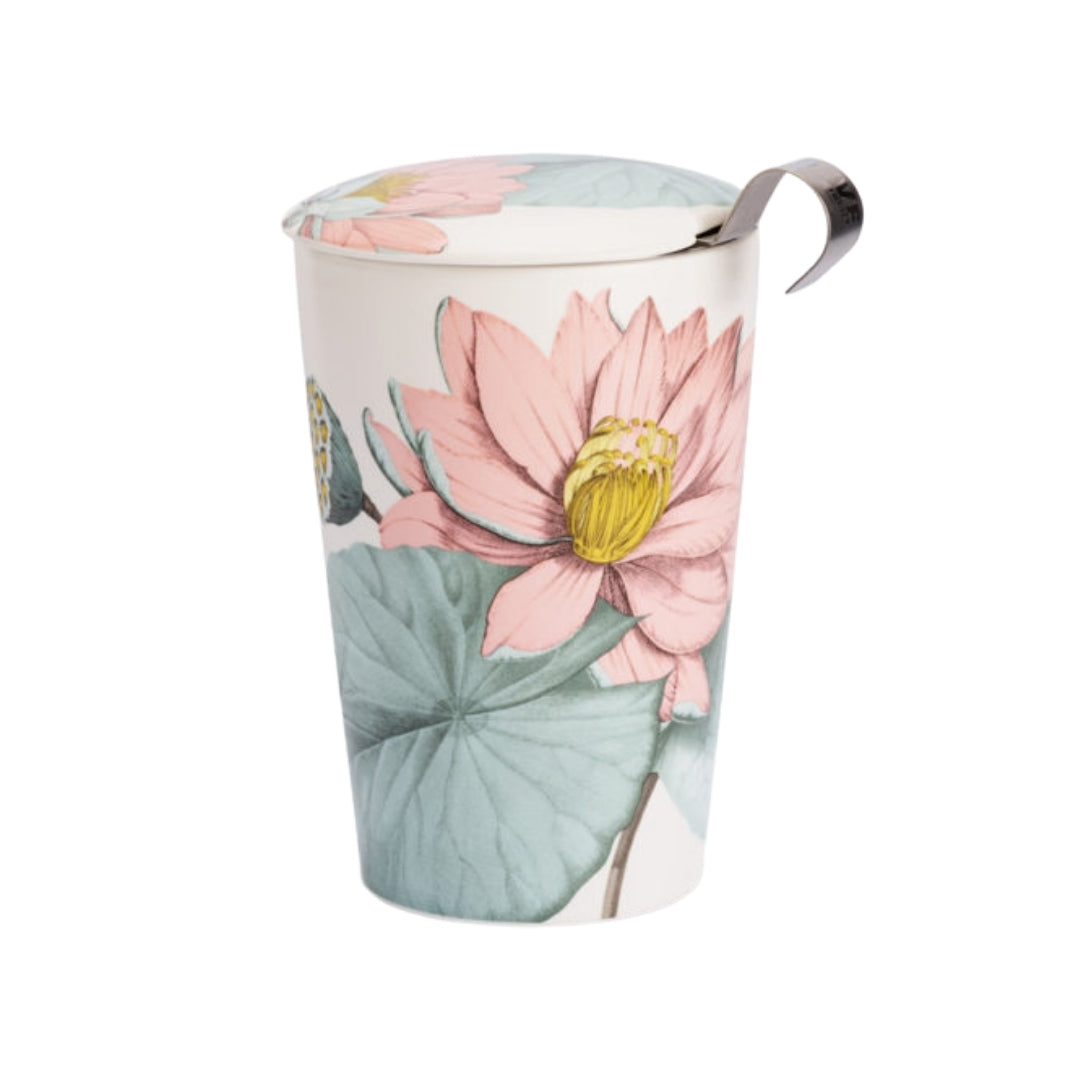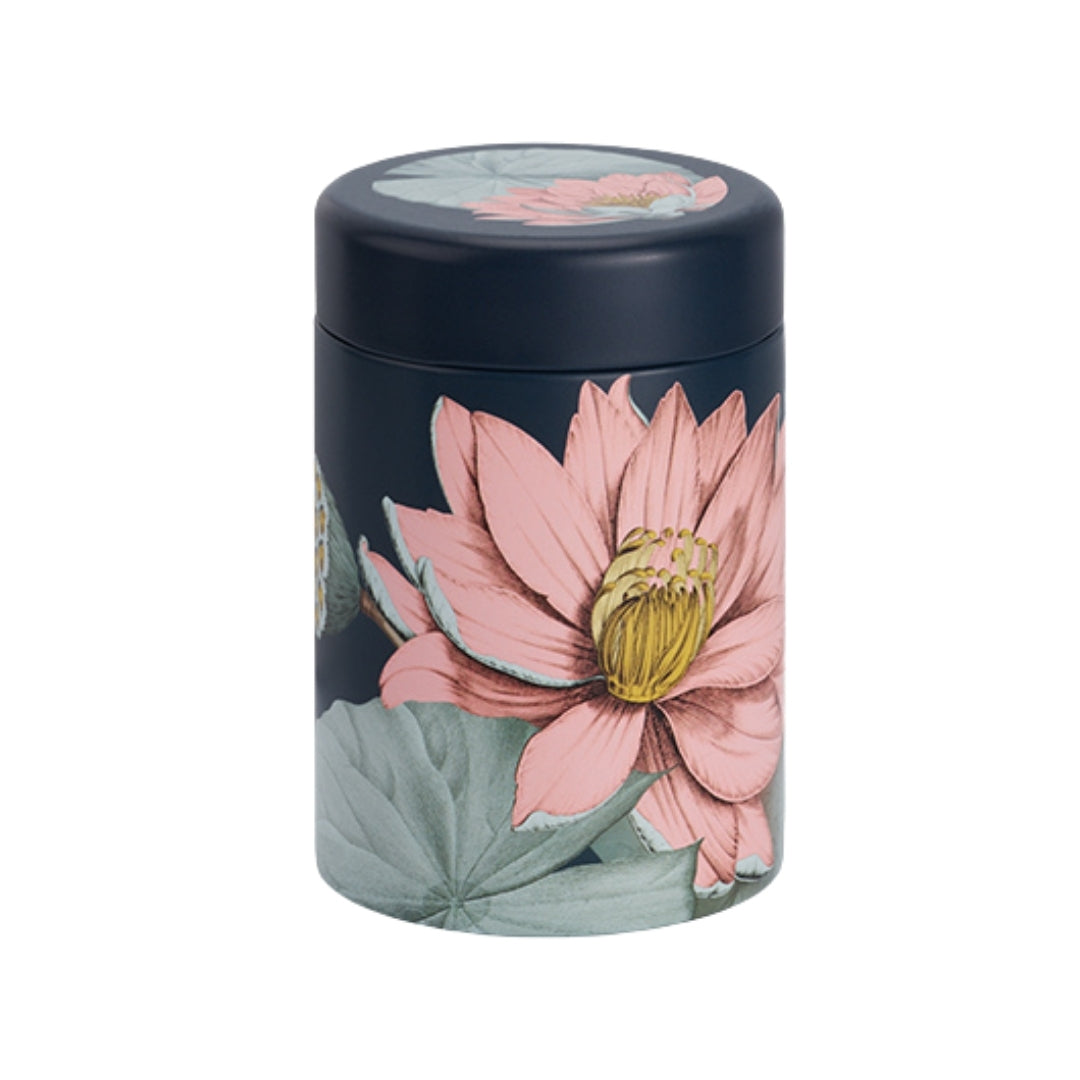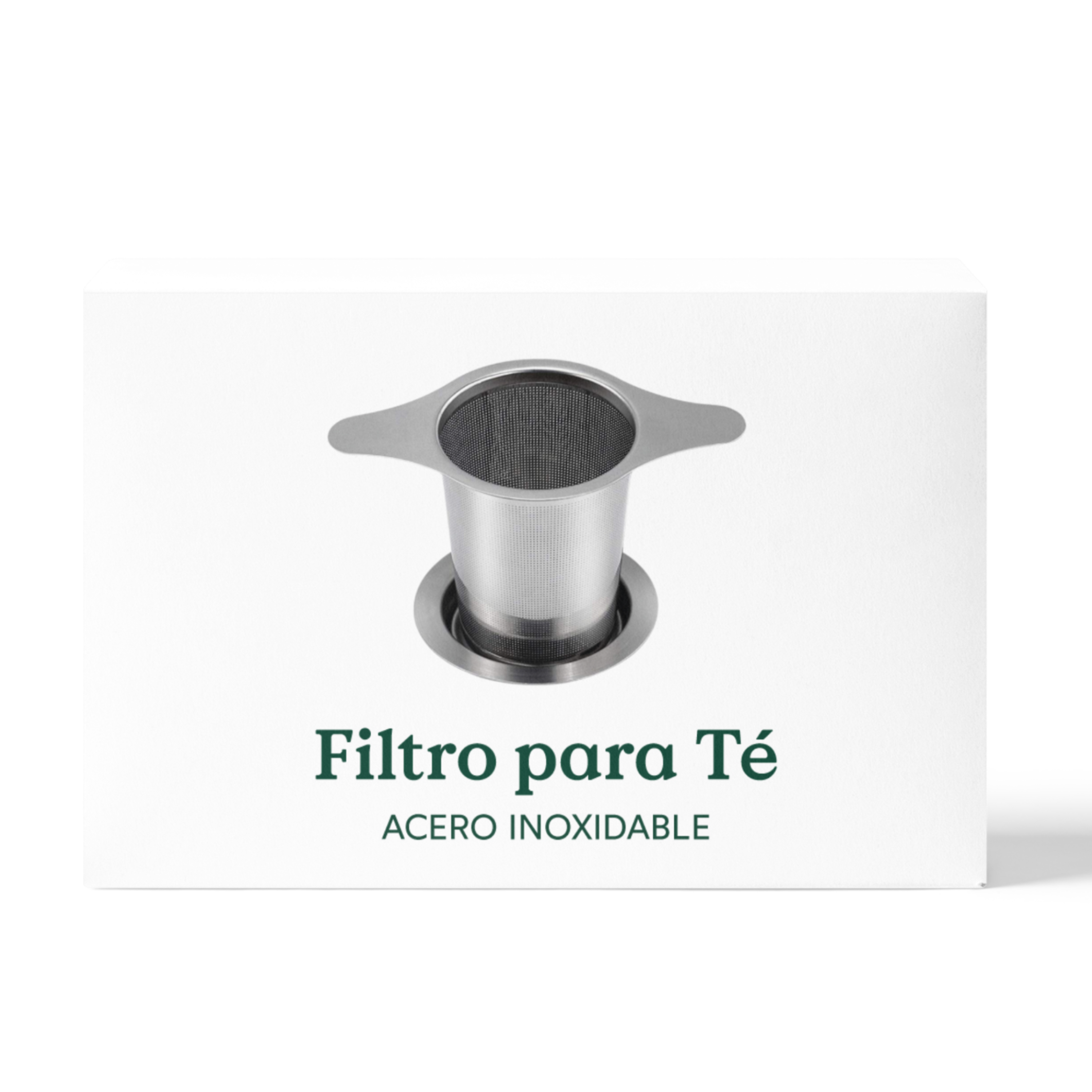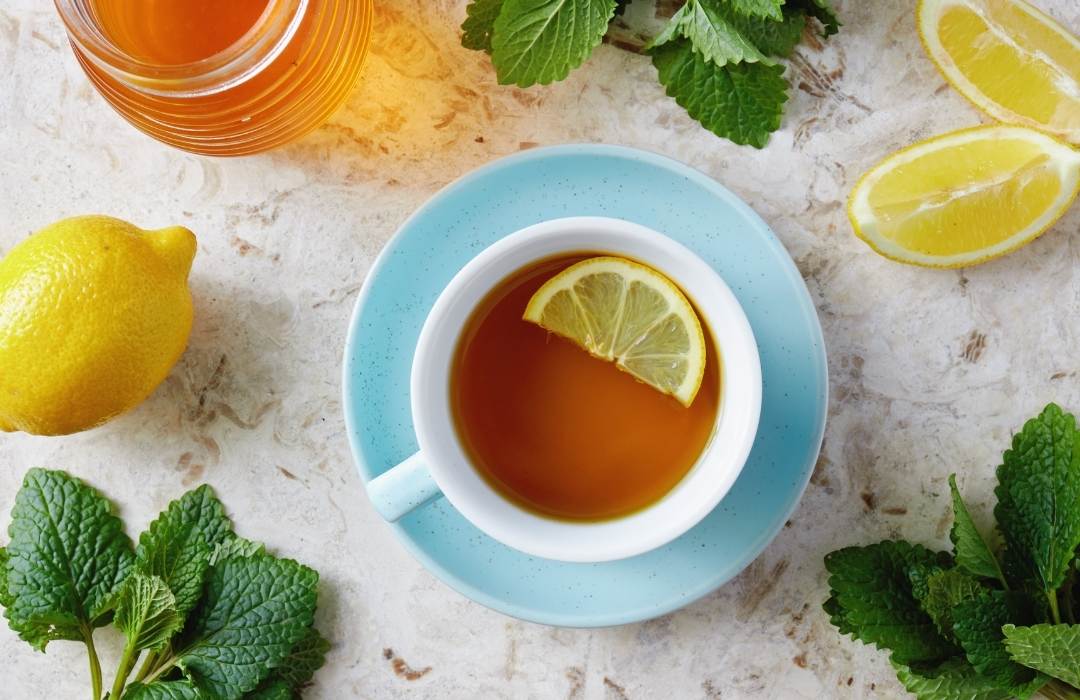
The 11 Best Infusions and Their Benefits
Herbal infusions are one of the most popular beverages in the world. They're a great alternative for people who don't enjoy the taste of tea, offering an endless variety of flavors, from floral and fruity to spicy and herbaceous.
Herbal teas also offer multiple health benefits and can help relieve various symptoms. To make it a little easier for you when choosing your tea, we've compiled a list of 11 excellent herbal teas and their main benefits.
Buy organic infusions on Amazon >>

What are infusions?
We could say that infusions are all those drinks made with leaves, fruits, flowers or seeds of any plant, except for the leaves from the tea plant or Camellia sinensis , with which different types of tea are made.
Herbal teas are known for their health benefits, ranging from improving digestion to accelerating weight loss. Herbal teas have been used as part of traditional medicine and herbal remedies for centuries.
RELATED INFORMATION
The best infusions and their benefits
1. Ginger infusions
Ginger is very popular in traditional medicine thanks to its anti-inflammatory properties. This root is primarily used to improve digestion and treat nausea caused by motion sickness or pregnancy. Ginger tea reduces inflammation and relaxes the stomach muscles that can cause cramps and bloating.
Ginger tea has a warm, spicy flavor that tickles the taste buds. Adding a dash of honey can soften the spiciness of ginger tea. It also pairs well with the citrus notes of lemon.
Although ginger infusions are available in tea bags and in bulk, you can also prepare them using fresh ginger root. Simply chop the ginger into small pieces and boil it in water for 3 to 5 minutes.
2. Nettle infusions
Some infusions have been used for over a thousand years, so they need no introduction. Nettle infusion is one of them. This surprising plant is not only an important source of vitamins and minerals, but also an indispensable herb in traditional and modern medicine.
Nettle infusions have a flavor that can be described as refreshing and earthy, and due to their many health benefits, they are often included in numerous blends with other herbs.
Nettles have a high nutritional value and can provide significant amounts of macro and micronutrients. Nettles contain chlorophyll, vitamins A, C, D, E, F, K, B, and flavonoids, and are rich in minerals such as iron, selenium, zinc, calcium, and magnesium.
3. Fennel infusions
Fennel infusion is made from the seeds of the fennel plant, whose botanical name is Foeniculum vulgare. It has a flavor similar to licorice root and is packed with antioxidants.
Fennel has been used primarily to treat all types of digestive and stomach ailments. In traditional Chinese medicine, fennel infusion is used to treat gastroenteritis, indigestion, and heartburn.
Fennel is also known for reducing gas and bloating, which can cause stomach pain and colic in breastfed babies.

4. Chamomile infusions
Chamomile tea is a classic. This infusion is known for its calming properties and its ability to help you sleep.
Chamomile tea has a slightly floral flavor and a herbal aroma, often compared to apple. It's common to add a few drops of honey to sweeten it.
Chamomile helps relieve stress and promotes relaxation, making it a great way to fall asleep after a long day. Some studies have also shown that chamomile tea can help reduce high blood pressure and regulate blood sugar.
5. Lemon balm infusions
Lemon balm infusion is made from the leaves of the Melissa officinalis plant, also known as lemongrass. It's a plant native to the Mediterranean, where it can be found growing wild.
Lemon balm infusion has a refreshing, citrusy flavor reminiscent of lemon. For centuries, lemon balm has been used in various remedies to preserve youth.
Today, lemon balm infusions are known for helping calm nerves and increasing relaxation. Lemon balm has been shown to increase levels of GABA, an amino acid that regulates brain arousal, reducing feelings of stress and anxiety.
Go to Infusions with Lemon Balm
6. Hibiscus infusions
Hibiscus tea is made by steeping the vibrantly colored petals of the hibiscus flower in hot water. Hibiscus tea is also commonly consumed as iced tea thanks to its tangy and refreshing flavor.
Hibiscus infusions are popular in traditional medicine as a natural remedy that promotes overall well-being. This infusion contains high concentrations of vitamin C, which can help support the immune system and fight the common cold. Hibiscus also contains organic acids, polyphenols, and flavonoids that support overall health.
7. Mint or spearmint infusions
Mint infusions are widely consumed around the world. They are especially popular in the Middle East and Africa, especially in countries like Morocco and Egypt, where they become an indispensable part of social gatherings.
Mint infusions are very refreshing, and their slightly sweet flavor pairs perfectly with all kinds of herbs. For this reason (and because of its benefits), you'll find mint as an ingredient in many infusions.
Peppermint tea is also known as a natural remedy for digestive tract ailments. Like ginger tea, it helps relieve indigestion, stomach pain, and nausea. The anti-inflammatory properties of peppermint leaves help soothe the stomach and intestinal muscles to prevent heartburn and cramps.
8. Rooibos infusions
Rooibos, known as rooibos tea even though it's not a tea, is made from the leaves of the red bush plant. It is grown exclusively in the Cederberg Mountains of South Africa. Rooibos is theine-free, making it an ideal base for blending with conventional teas.
Rooibos tea is highly prized for its smooth flavor profile. It produces a full-bodied beverage with a very pleasant, slightly sweet flavor and floral notes. It has a striking deep red color when steeped.
Rooibos can be drunk by almost anyone as it has no known contraindications. It also has multiple health benefits: it's high in antioxidants, reduces cortisol (the "stress hormone"), lowers bad cholesterol (LDL) levels, and has a bronchodilator effect, helping you breathe better.

9. Liquorice infusions
Licorice is commonly used as a flavoring additive in everything from cough drops to alcohol. Licorice infusion has a pleasant yet powerful flavor.
The word licorice comes from the Greek and means "sweet root," which is why you'll find it in many herbal tea blends, as it naturally adds a sweet touch to the mixture.
In addition to its flavor, licorice also provides various health benefits, serving as a natural remedy for relieving the symptoms of colds and flu. This infusion helps reduce phlegm and open the airways to reduce respiratory problems. Licorice also has soothing properties that help reduce sore throats.
10. Turmeric infusions
Turmeric tea is made from the yellow root of the turmeric plant. The spice and essential oil are also commonly used for their potent health benefits. Turmeric tea offers a flavor profile with hints of ginger and earthy notes. It is often described as having notes of mustard and horseradish with bitter undertones.
Turmeric root is an essential ingredient in Ayurvedic medicine. The plant contains the active ingredient curcumin, which helps combat chronic inflammation.
Curcumin is also a potent antioxidant and may help reduce oxidative stress and prevent cellular damage. Antioxidants may help strengthen the immune system and reduce damage caused by various environmental factors, such as pollution, harmful UV light, and tobacco smoke.

11. Olive leaf infusions
Almost everyone has heard about the health benefits of olive oil, but many are unaware that olive leaf infusion has been used in Mediterranean countries for centuries as a natural remedy.
The properties of olive leaves come largely from their phenolic components, such as oleuropein, for its antioxidant and anti-inflammatory effects and its ability to regulate blood pressure and cholesterol.
Olive leaves have also been used as a medicinal herb to treat diabetic hyperglycemia, and their phenolic compounds have been associated with a lower incidence of heart disease.


